Season Of KDE 2025 Conclusion
Introduction
Another year, another successful Season Of KDE for 10 contributors!
This article has been co-written with the input from all contributors.
Kdenlive
Kdenlive brings you all you need to edit and put together your own movies. We had 1 project for KDE's full-featured video editor:
- Swastik Patel animated transition previews in Kdenlive by extending the TransitionListWidget with a dual-view system (tree/icon) and creating a custom TransitionIconDelegate for rendering GIF previews. The core functionality is powered by a Python script that leverages MLT to generate standardized preview GIFs by applying transitions between colored clips or custom images. The implementation integrates with Kdenlive's existing asset management system, utilizing QStandardPaths for preview storage and QMovie for GIF playback. The UI updates are triggered through signal connections when frames change, providing real-time preview updates in the transitions panel. This enhancement allows users to visually evaluate transitions before applying them to their projects. All the code changes are in this merge request.
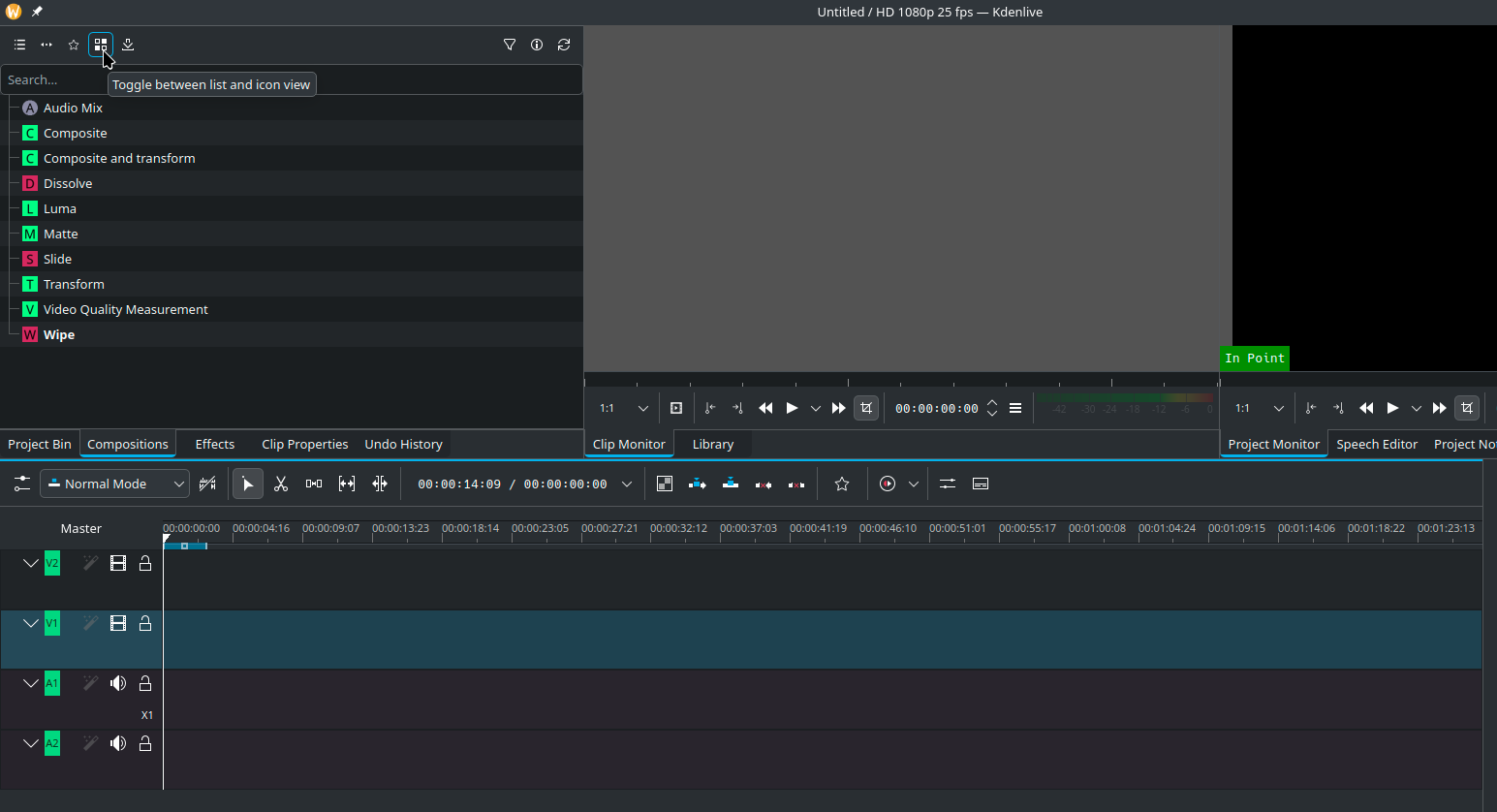
KDE Eco
There are 4 new projects related to the KDE Eco project. This helps make KDE software more efficient and environmentally friendly, as well as more accessible at the same time:
Anish Tak worked on a new tool, Win2KDE-Chooser project to help users migrate from Windows to Linux by recommending KDE-based distributions. A questionnaire was designed to understand the user's needs, mapping their responses to distribution parameters like ease of installation, hardware support, and community backing. Further, a recommendation engine was implemented in the backend to rank distributions according to user preferences and hardware specifications. Overall, a functional MVP was created that suggests suitable KDE-based Linux distributions based on users' needs and hardware capabilities.
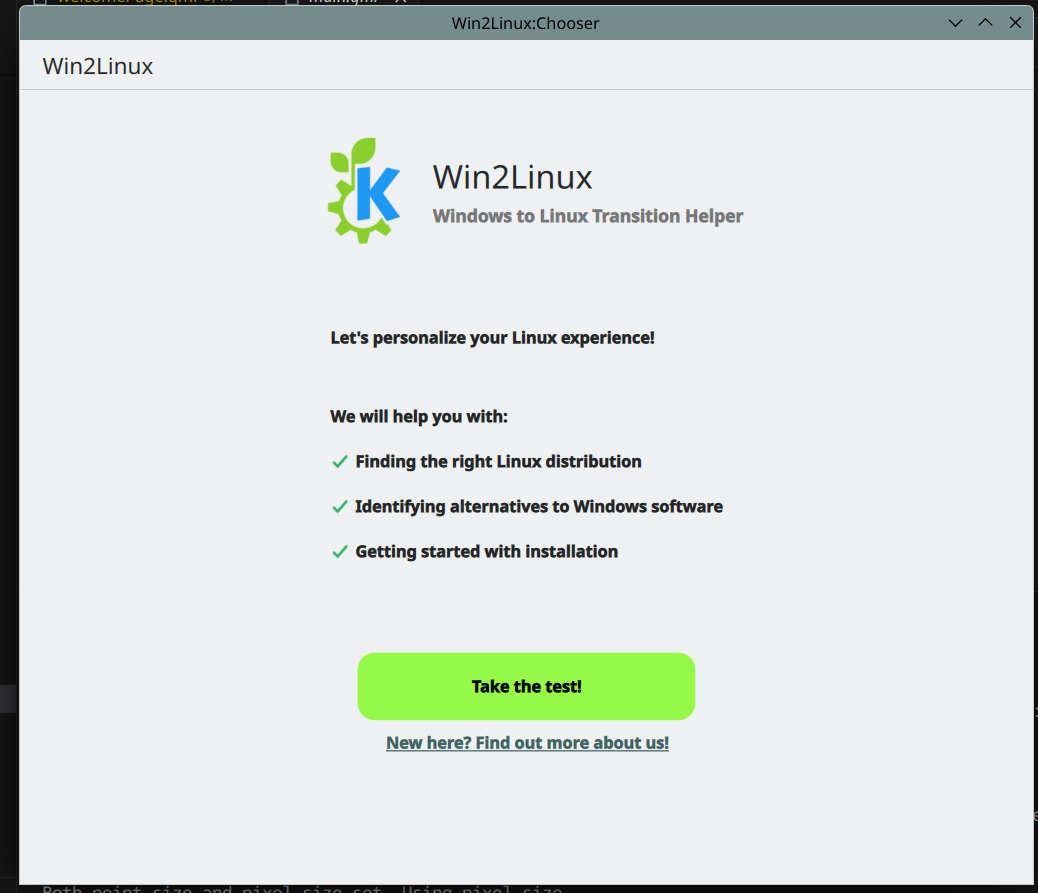
Oreoluwa Oluwasina built a new GUI for the emulation tool KdeGuiTest formerly known as KdeEcoTest with features that allows users to easily create and run a standard usage scenario script. Button commands that records the actions made by a user have been implemented and they display real time in the action buffer widget. The scripts can be modified in the final script widget to finalise each script before saving it in a text file. A combo box has been implemented to toggle to the run script interface where users can select and run final scripts. Additionally, a "Platform supported" error was encountered and fixed by installing a custom pynput package and other packages like Rust.
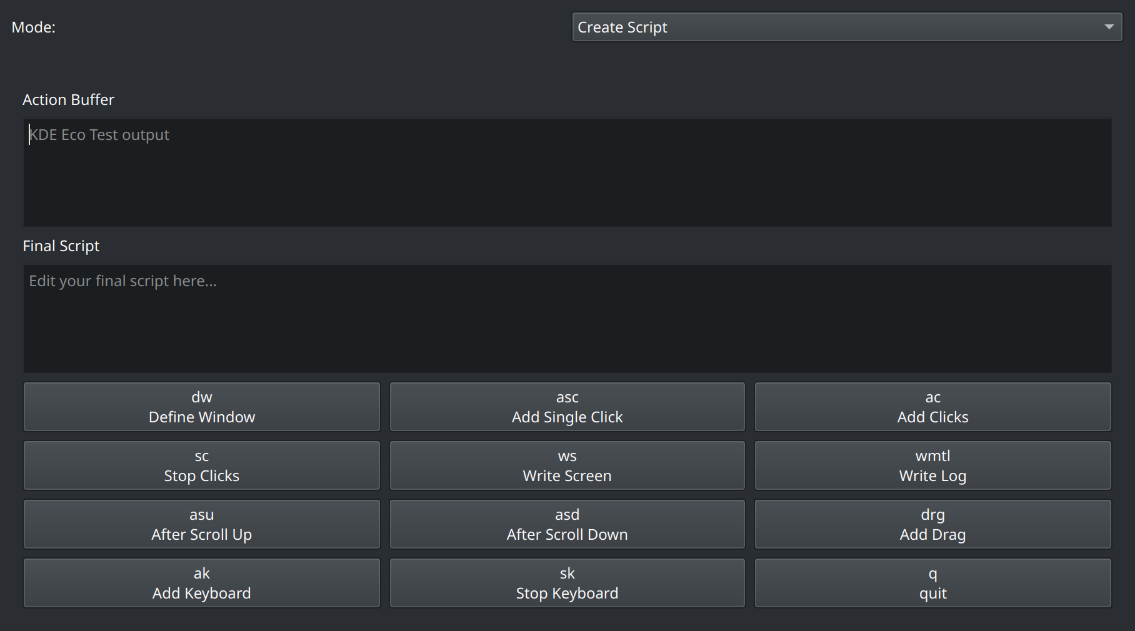
Roopa Dharshini worked on writing technical documentation for the KEcoLab project. After a detailed exploration on the KEcoLab project, an outline was crafted. This mentorship program taught valuable practical experience in team collaboration and in thinking of approaching various possible solutions to a problem.
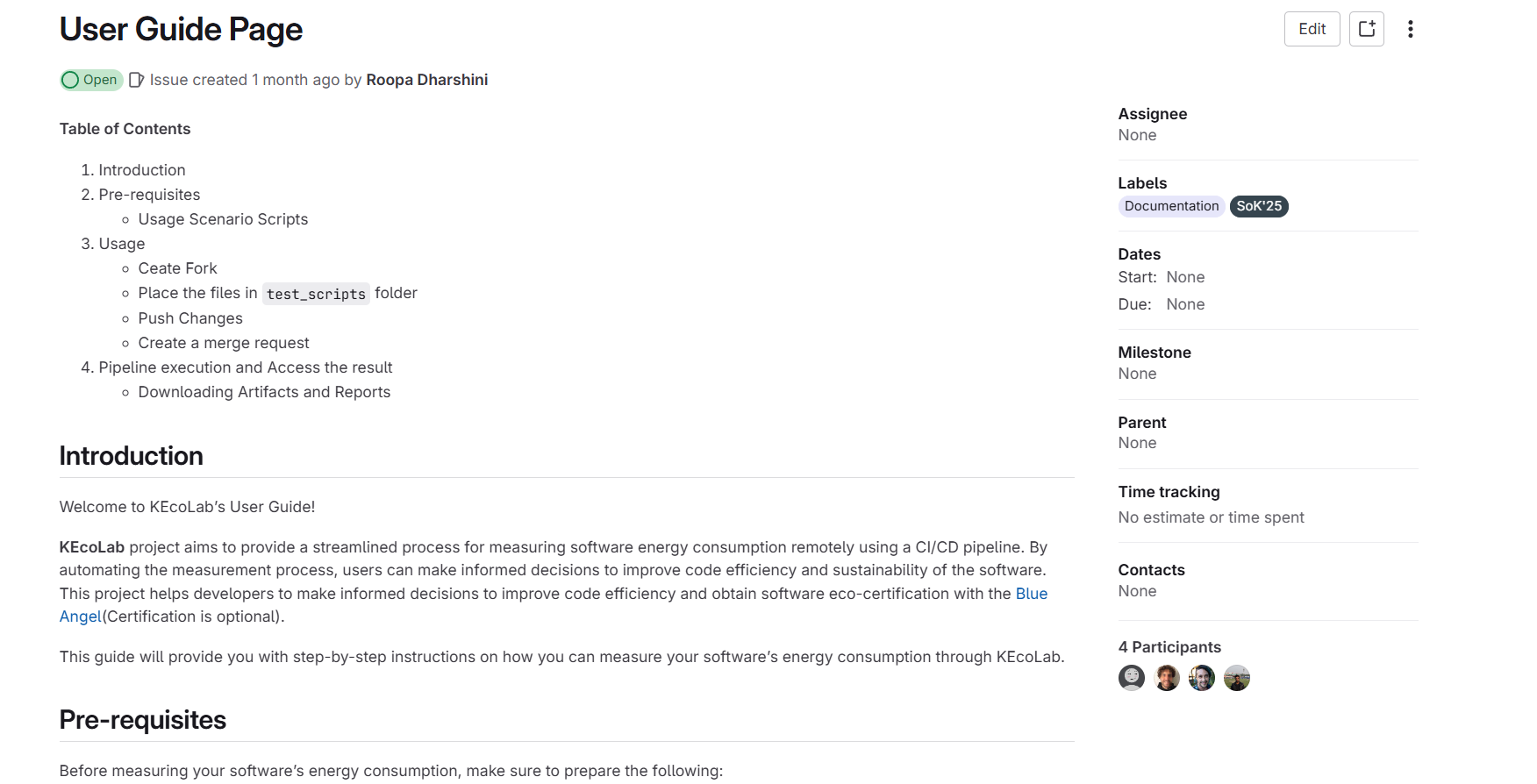
Shubhanshu Gupta worked on rewriting and restructuring the documentation for KEcoLab to make the project more accessible to newcomers. This includes explaining usage scenario scripts—core to KEcoLab’s process—and how they simulate real-world software usage to measure energy consumption. The structure of its repository was mapped out, for a clearer understanding of the project. The experience deepened Shubhanshu appreciation for technical documentation and collaborative development of FOSS communities.
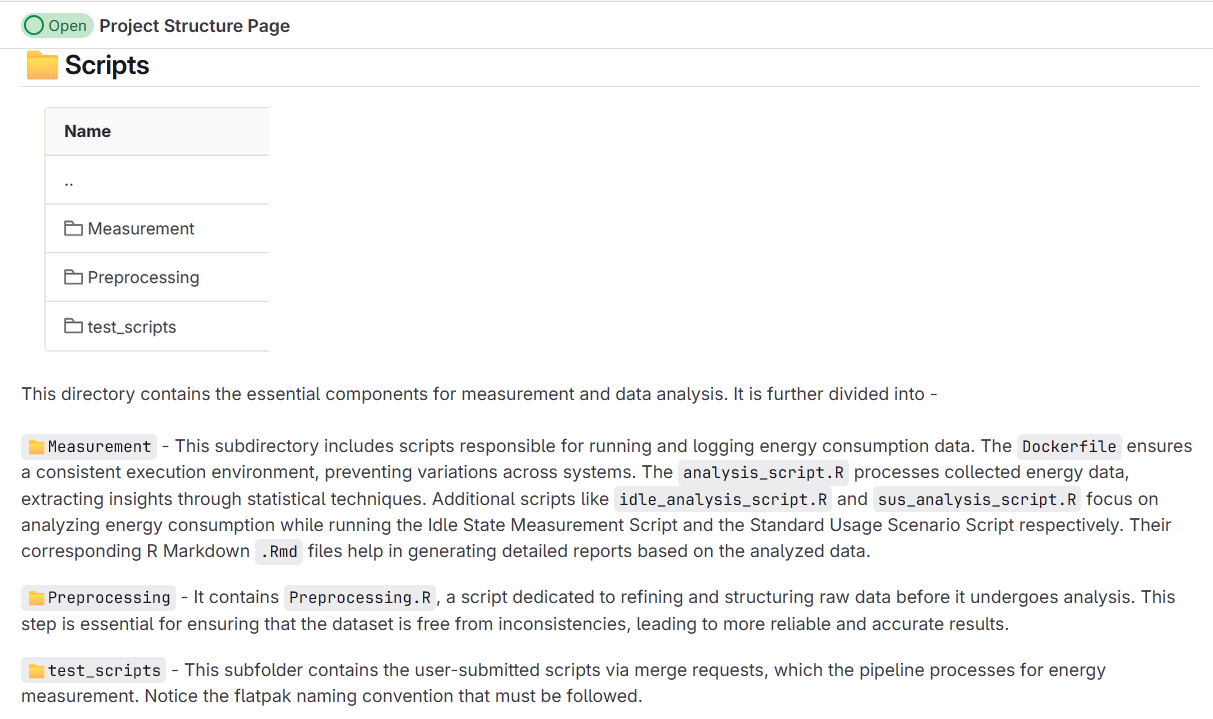
Mankala Engine
The Mankala Engine is one project started during last year Google Summer of Code to introduce a new game to KDE. During this year SoK, we had a lot of projects to improve this game.
Two new variants were added:
Rishav Ray Chaudhury implemented the Kalah game for the Mankala Engine. A greedy move selection algorithm was also added and a script for generating a benchmark report for the available games and algorithms.
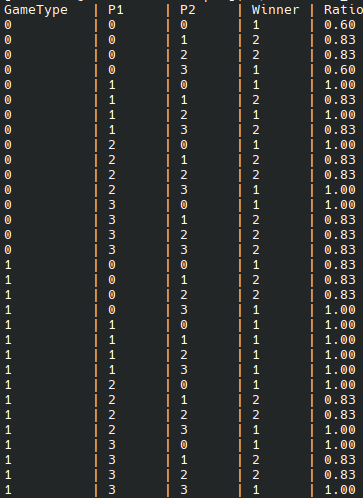
Srisharan V S integrated the traditional game Pallanguli into the Mankala Engine. After researching regional rule variations and the core game logic was implemented in C++. A package of the engine for Fedora has been created, fixing the reported bugs and ensuring everything worked smoothly. Later, I organized a FOSS meetup at my college to showcase KDE apps and help students try out Linux. Finally, I completed the documentation and polished the codebase for future contributions.
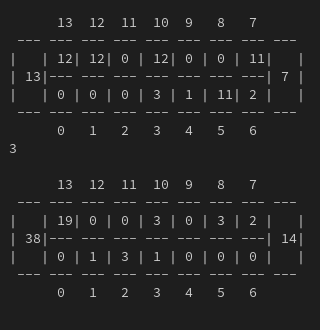
Shubham Shinde worked on enhancing the Mankala Engine by exploring and implementing new gameplay algorithms like MCTS and Q-learning, comparing them with existing ones like Minimax and MTDF. While MCTS didn’t perform well, Q-learning showed better results after optimization. Review and improvement suggestions were also provided on the Pallanguli variant implementation.
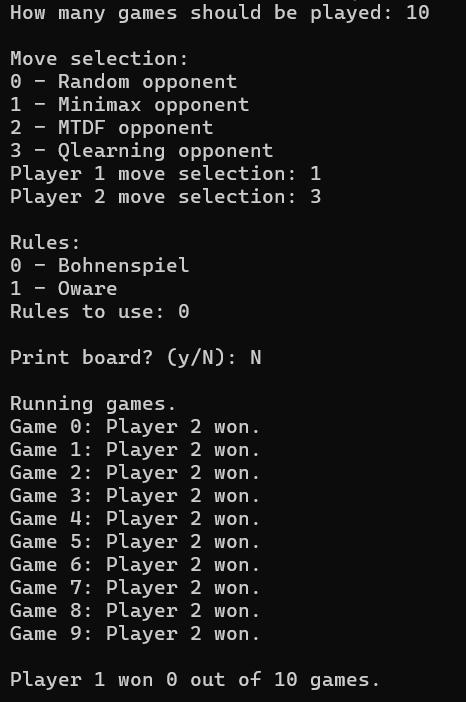
Ashutosh Singh worked on creating a GUI for mankala Game. This development was done using Kirigami and qml for creating and designing the GUI. The GUI is functional but it is still a work in progress with several bugs and missing elements which need to be implemented. The current state of the game can be see below.
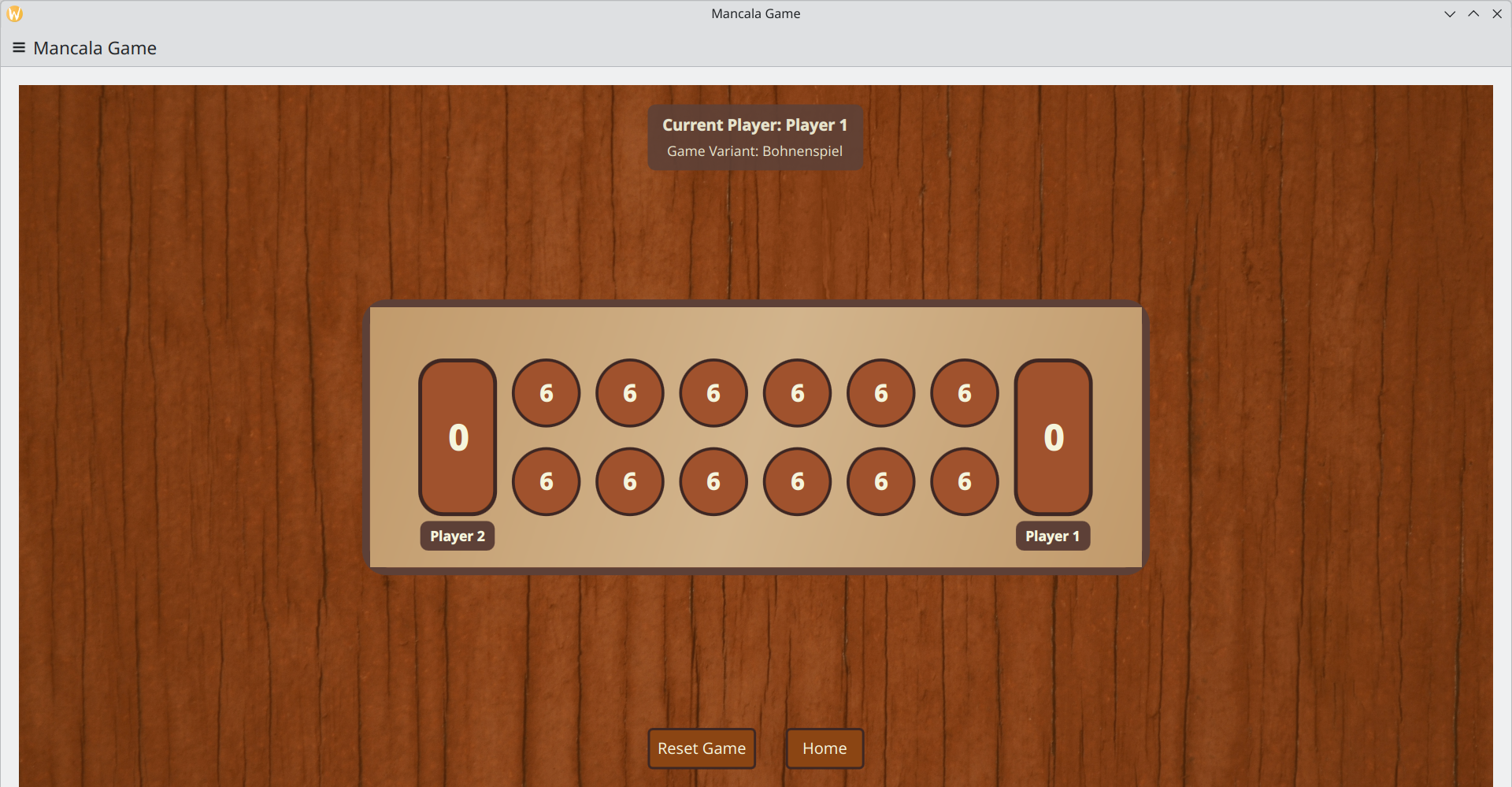
Nidhish Chauhan have implemented a feature in the engine supporting Player versus Player (PvP) mode, with real-time XMPP-based communication for PvP. The project includes a terminal-based user interface, move tracking, and game state management, along with a man page for documentation.
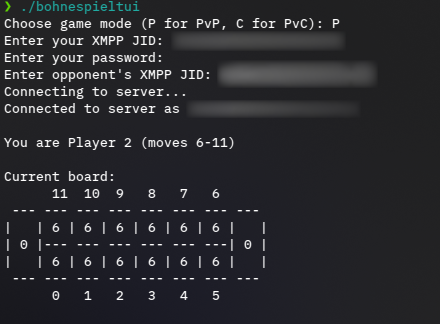
One of the next steps for the game is to follow the KDE review process and becomes an official KDE application!
New Mentors
The projects were guided by several people new to welcoming contributors to KDE through SoK. Thanks go to Kieryn Darkwater, João Gouveia, Aakarsh MJ, Pradyot Ranjan and Snehit Sah for giving new contributors an introduction to free and open source software.
Closing
We would like to congratulate all participants and look forward to their future journey with KDE!
Article contributed by Johnny Jazeix under the CC-BY-SA-4.0 license.